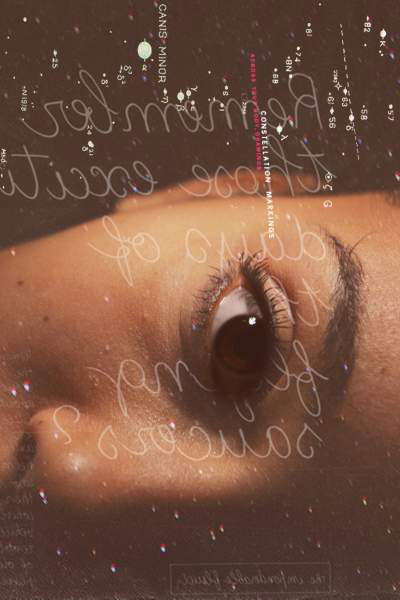All Nonfiction
- Bullying
- Books
- Academic
- Author Interviews
- Celebrity interviews
- College Articles
- College Essays
- Educator of the Year
- Heroes
- Interviews
- Memoir
- Personal Experience
- Sports
- Travel & Culture
All Opinions
- Bullying
- Current Events / Politics
- Discrimination
- Drugs / Alcohol / Smoking
- Entertainment / Celebrities
- Environment
- Love / Relationships
- Movies / Music / TV
- Pop Culture / Trends
- School / College
- Social Issues / Civics
- Spirituality / Religion
- Sports / Hobbies
All Hot Topics
- Bullying
- Community Service
- Environment
- Health
- Letters to the Editor
- Pride & Prejudice
- What Matters
- Back
Summer Guide
- Program Links
- Program Reviews
- Back
College Guide
- College Links
- College Reviews
- College Essays
- College Articles
- Back
Society is in Love with “Beauty”
Society has consistently had a desire for perfection when it comes to appearances. Regardless of whether it is tall or thin, having blue eyes, glass skin, or the perfect smile, there has been a fixed meaning of beauty. In recent years, there has been an ever-increasing number of people who are being exposed to the "beauty standards" of society because of online development and the trending beauty industry. According to the Bureau of Labour Statistics, the average spending of a customer on beauty products from 2010 to 2018 has increased by $56.38. In 2010, the average consumer in the U.S. spent $134.20 on beauty products, but in 2018, the number rose to $189.88.
Society has always had a standard for beauty. This is seen through corsets changing your bone structure, tapeworms eating away your weight, or neck elongating necklaces, (and that's only to name a few). Something you can do to initiate change in this seemingly never-ending expectation of society is redefining your definition of beauty.
Teenagers are mainly influenced by what they see via web-based networking media and various photo editing apps. One such application is Facetune. The application was initially released in 2013 and has been re-issued in 2016. Since its release, there have been approximately 50 million downloads. With it, one can remove a scar, brighten up their complexion, whiten one's teeth, alter one's hair and eye color, and even change one's body type. In simple terms, someone can entirely change what they look like at the low price of $3.99. Photo editing apps, such as Facetune, only further advance society's unrealistic "beauty" goals. However, Facetune is only one of the numerous modern applications used to edit pictures. Snapchat, Instagram, Facebook, TikTok, and VSCO are some other examples. These are all applications that provide filters and/or modifiers. At first, it may not seem like there is any harm in editing a photo. But, according to Dr. Rachel O'Neill, "unreasonable or impossible standards of beauty created by photo retouching can result in individual feelings of being flawed, not measuring up, or not being good enough." O'Neill, a licensed professional clinical counselor, and primary therapist on Talkspace, says that "over time, it's possible for an individual to internalize these feelings, which may result in low self-esteem, reduced self-confidence, and feelings of sadness and depression" (Flynn 3).
Rather than characterizing beauty as this infinitesimal standard that rejects the vast majority, change it to be progressively inclusive of everybody. Everyone is beautiful in their own way. We are all beautiful whether we acknowledge it or not, and we don't have to reach "society's standards" to feel accepted. Salma Hayek once said, "People often say that beauty is in the eye of the beholder, and I say that the most liberating thing about beauty is realizing you are the beholder." We should feel accepted the way we are because our beauty is perfect the way it is.
By doing this, you are making a difference. By changing your mindset, you can impact everyone around you as well, gradually expanding influence and creating a ripple effect. There are many books to help you begin your journey to self-acceptance. The Gifts of Imperfection by Brené Brown is a book on how to live without being a victim to the expectations of society. We can start right here at our school, redefining beauty, one step at a time. Make another standard for beauty, an inclusive one, where we can acknowledge everyone's beauty. Don't equate your beauty to your value, because your individuality is worth far more than any "standard". Remember, you will know that you have truly seen beauty if you can still see it when you close your eyes.

Similar Articles
JOIN THE DISCUSSION
This article has 0 comments.

Sometimes I wonder if I looked different, prettier per se, would people like me more? Then I wonder, would I be a completely different person if that were true. I ultimately decided I love myself the way that I am. I hope everyone learns to think this way. Standards may not change easily, but the way you think can.